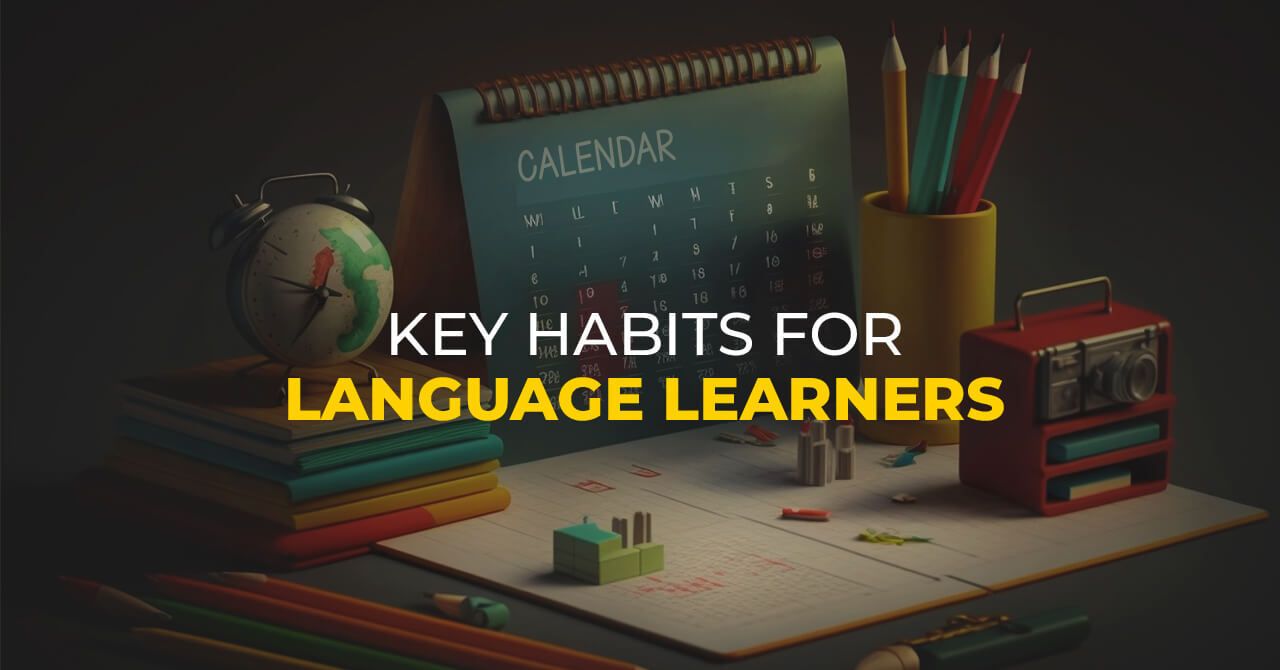
What Habits are the Most Important for Learning Languages?
I hope these tips are useful in your studies and general language learning experience.
Check out which of these habits you have and which you lack
To successfully learn a new language, you need a variety of habits to help you to be successful and keep your learning experience enjoyable. In this article, I suggest 5 habits that could be useful in your language-learning journey.
1. Find interesting material to read, watch or listen
The main things you will speak about are your interests, career, and family. These are the things you talk about most in your day-to-day life in English or your native language. What do you usually watch, read, and listen to for leisure? These same things will exist in the English language.
Motivation is so important when trying to improve anything in your life. The most effective form of motivation is enjoyment. If you enjoy what you do, you will continue to do it. Study materials are much more effective if they are interesting to you.
When you read, listen, and watch things that interest you, this will help you converse about these things.
2. Listen to 1 hour of English per day
Listening is a common difficulty among English learners. Faster and more efficient language learning methodologies include more listening practice within their materials. Besides the structured study that each student has in their routine, I would suggest adding 1 hour of listening practice per day. If this practice is something interesting to you, it can feel more like a hobby than a chore.
3. Try to read English every day
Much like the listening habit, daily reading has huge benefits. It will improve your vocabulary, spelling, and grammar. Generally, you need to listen more to improve your speaking but read more to improve your writing. The amount you prioritise reading over listening depends on your personal goals.
4. Never miss an opportunity to practice your conversation skills
Opportunities to speak a foreign language in your own country can sometimes be very limited. If you do get a chance to have a conversation in English, make sure you make the most of it. I live in Brazil, if I meet someone who is currently or has been learning English, they often are excited to get a chance to speak English with a native. Although I can speak to people in their own language, they like the chance to practice and use what they learn.
5. Change your phone and computer’s language to English
This idea helped me learn Portuguese. I already knew how to use a phone, so the Portuguese labelling of icons on my phone taught me some vocabulary. If you did change the language on your phone to English, it would have a positive effect on your learning, even if it is very limited.
I hope these tips are useful in your studies and general language learning experience.
I'm a British born teacher, who has been teaching English since 2017. I qualified with a TEFL master's course. I have worked at a variety of different English schools in Brazil.

